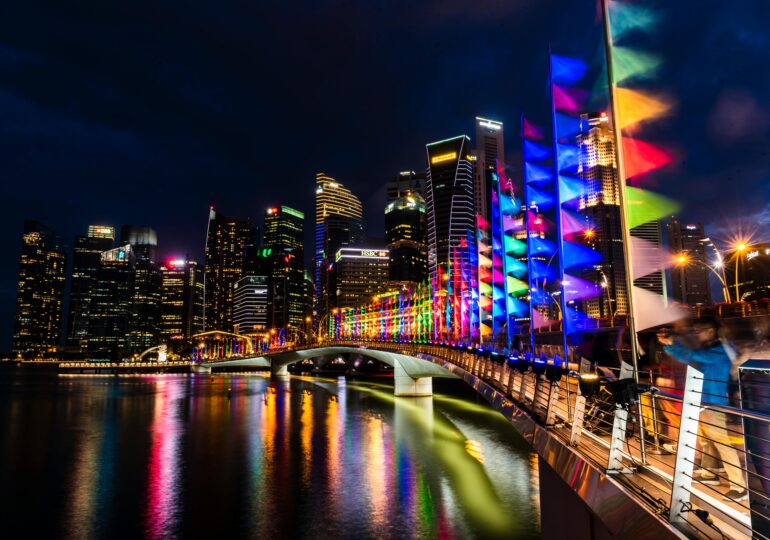What does „living well” mean for the wealthiest people in the world? The answer changes from year to year – and it’s no longer just about expensive watches or spectacular villas, but increasingly about stability, health, and memorable experiences.
A new global report shows how the preferences of millionaires and billionaires shape an increasingly dynamic map of luxury, where traditional destinations are losing ground to emerging cities on the rise.
Singapore, London, and Hong Kong still dominate the ranking of the most expensive cities for the wealthy, but new luxury hubs like Dubai, Bangkok, and Tokyo are rapidly climbing the list.
These changes reflect a shift in the preferences of the wealthy towards stability, well-being, and experiences, according to the "Global Wealth and Lifestyle 2025" report by Julius Baer, a leading Swiss wealth management group, published by Business Insider.
Top 10 Most Expensive Cities in 2025
- Singapore
- London
- Hong Kong
- Monaco
- Zurich
- Shanghai
- Dubai
- New York
- Paris
- Milan
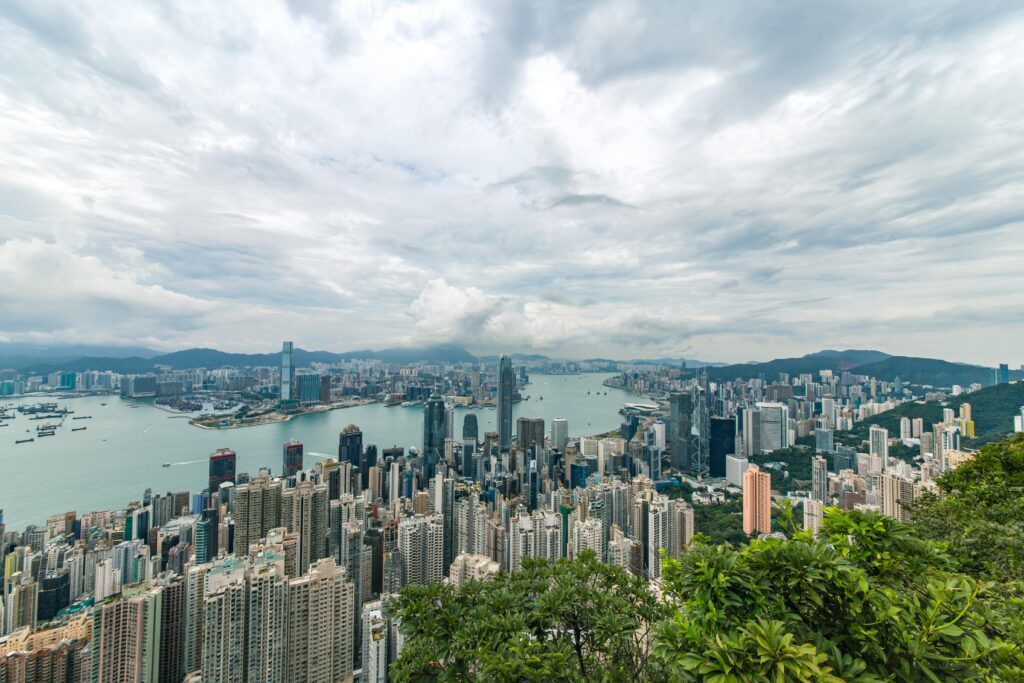
For the third consecutive year, Singapore holds the top position in the ranking. London has risen to second place, dethroning Hong Kong, which falls to third place.
The ranking is based on the average weighted cost of 20 luxury goods and services, such as real estate, watches, private schools, or business flights, collected in 25 cities between November 2024 and March 2025.
Dubai, Bangkok, and Tokyo Make Spectacular Rises
Dubai has advanced five positions, ranking 7th, approaching European luxury strongholds like Monaco and Zurich. Bangkok and Tokyo have climbed six positions each, reaching 11th and 17th place, respectively. The explanation? The growth of the middle class and the attraction to refined experiences.
"The increase in wealth has stimulated demand for luxury goods and services, such as premium malls, fine restaurants, or spas," explains Rishabh Saksena, director at Julius Baer.
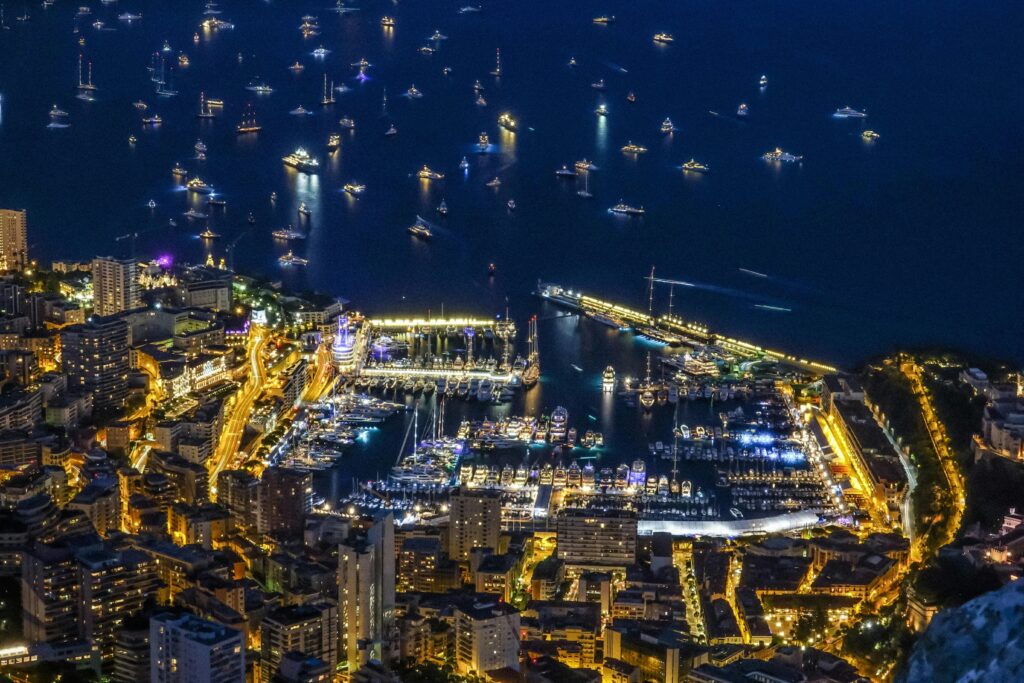
Why Shanghai is Losing Ground
Formerly the leader in 2022, Shanghai has dropped to 6th place, signaling a weakening of its attractiveness to the wealthy. São Paulo and Mexico City also experienced significant declines.
In contrast, Dubai is becoming increasingly competitive due to its favorable tax regime, luxurious infrastructure, and a booming real estate market. Julius Baer warns that traditional cities of wealth are at risk of being overtaken if they do not adapt to the new trends of elite consumers.
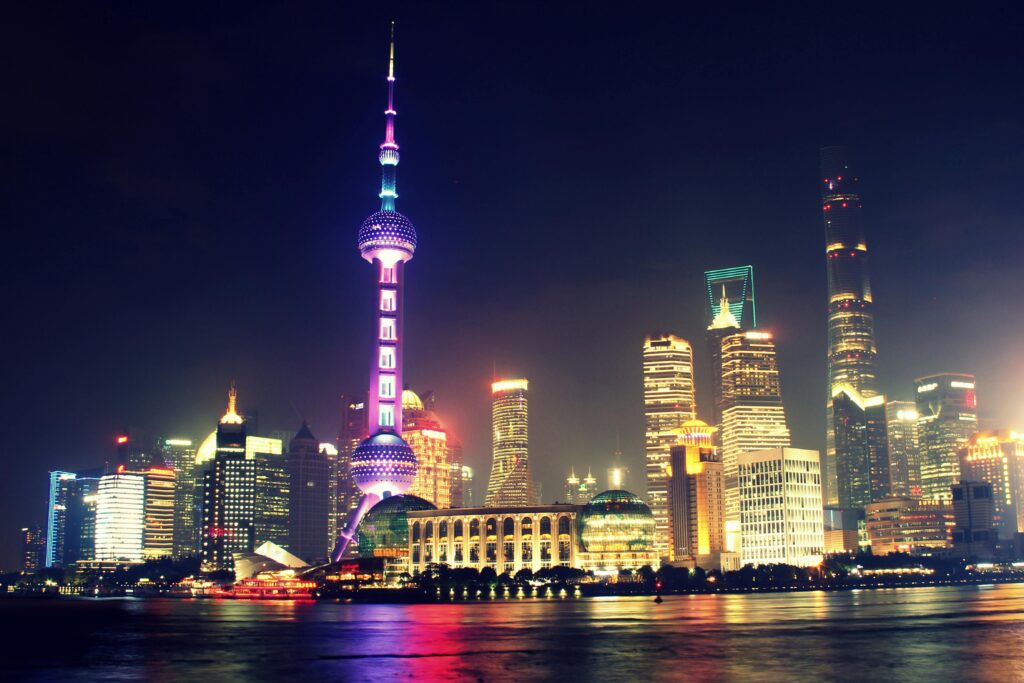
A New Wave of Priorities: Health, Stability, and Experiences
Although the global cost of "luxury living" decreased by 2% in US dollars between 2024 and 2025 - a rarity in this sector - significant regional contrasts are hidden behind this. For example, business flight fares increased by 18%, while prices for handbags and jewelry decreased.
Additional taxes in London led to increases of over 25% for private schools. At the same time, the wealthy are increasingly focusing on wellness, personalized travel, and quality medical services.
Experiences Surpass Goods
"We have witnessed a clear shift towards aspirational consumption - the wealthy desire more experiences than physical objects," says Mark Matthews, research director at Julius Baer Asia.
This trend is visible in the Asia-Pacific, Middle East, and Latin America, where over 60% of the wealthy say they have spent more on hotels, fashion, and watches, compared to only 36% in Europe.
Fine dining restaurants and five-star hotels remain priorities for all regions.
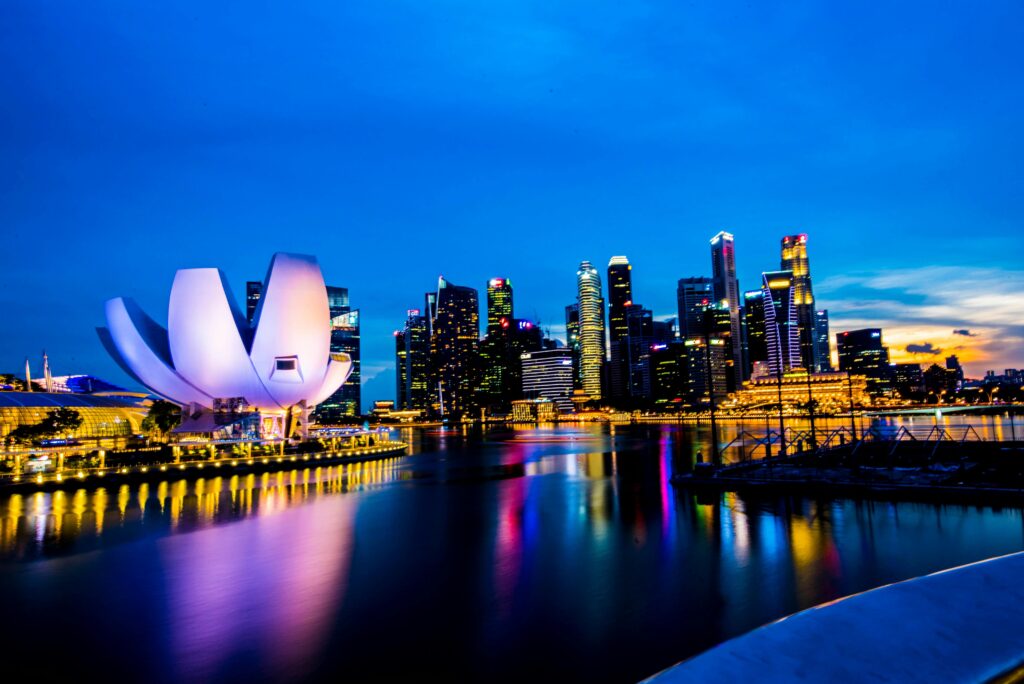
Europe Attracts Wealthy Americans Once Again
Amid political instability in the US, many wealthy Americans are considering relocating to Europe in search of solid institutions and a stable climate. Despite Brexit, London remains attractive for education, health, and culture.
On the other hand, Dubai announces ambitious plans: it aims to double its economy by 2033, becoming a formidable rival to European elite enclaves.

